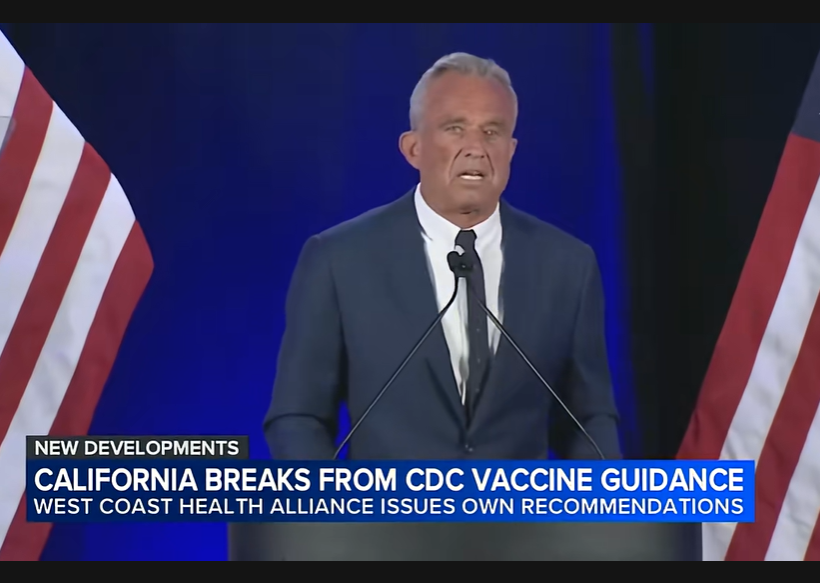What the New Law Does
- State-Controlled Vaccine Schedules
California can now set its own immunization schedules, relying on independent medical organizations and state health experts rather than being strictly bound by the CDC’s Advisory Committee on Immunization Practices (ACIP). ABC7 San Francisco+3KQED+3CalMatters+3 - Independent Guidance & West Coast Alliance
It has joined with Oregon, Washington, and Hawaii to form the West Coast Health Alliance. This group will coordinate vaccine recommendations (for COVID-19, flu, RSV, etc.) that may differ from federal guidance. Los Angeles Times+3CalMatters+3SFGATE+3 - Insurance & Access Requirements
- State‐regulated health plans must cover vaccines that are authorized and recommended under the new state rules. KPBS Public Media+2KQED+2
- Vaccines endorsed by the state will be provided without additional out-of-pocket costs under those health plans. KQED+1
Why This Change
- Federal Confusion & Credibility Issues
There is widespread concern among state officials that the CDC’s advisory systems are being influenced by politics, especially after changes in leadership and shifts in what the ACIP is recommending (or not). California lawmakers say this law is a response to those concerns. ABC News+2CalMatters+2 - Protecting Vaccine Access
The law is meant to guard against a scenario where federal recommendations become more restrictive, which could reduce who qualifies for vaccines, or complicate insurance coverage. California wants to ensure more expansive coverage remains intact. CalMatters+2KPBS Public Media+2
Potential Impacts & Things to Watch
- More Inclusive Vaccine Recommendations
Because the state can now follow guidance from groups like the American Academy of Pediatrics, etc., more people (children, pregnant individuals, etc.) may be eligible under California’s rules even if the CDC’s guidelines are more restrictive. CalMatters+1 - Insurance Coverage Clarity
Insurers in California will have to pay for these state‐endorsed vaccines, which should reduce confusion for patients about whether their vaccine is “covered.” KPBS Public Media+1 - State vs Federal Conflicts
There could be legal or operational frictions, especially for those covered under plans regulated by federal rather than state authorities (e.g. some large employers or multi‐state plans). Also, depending on implementation, navigating which guidance applies in which context may get messy.
